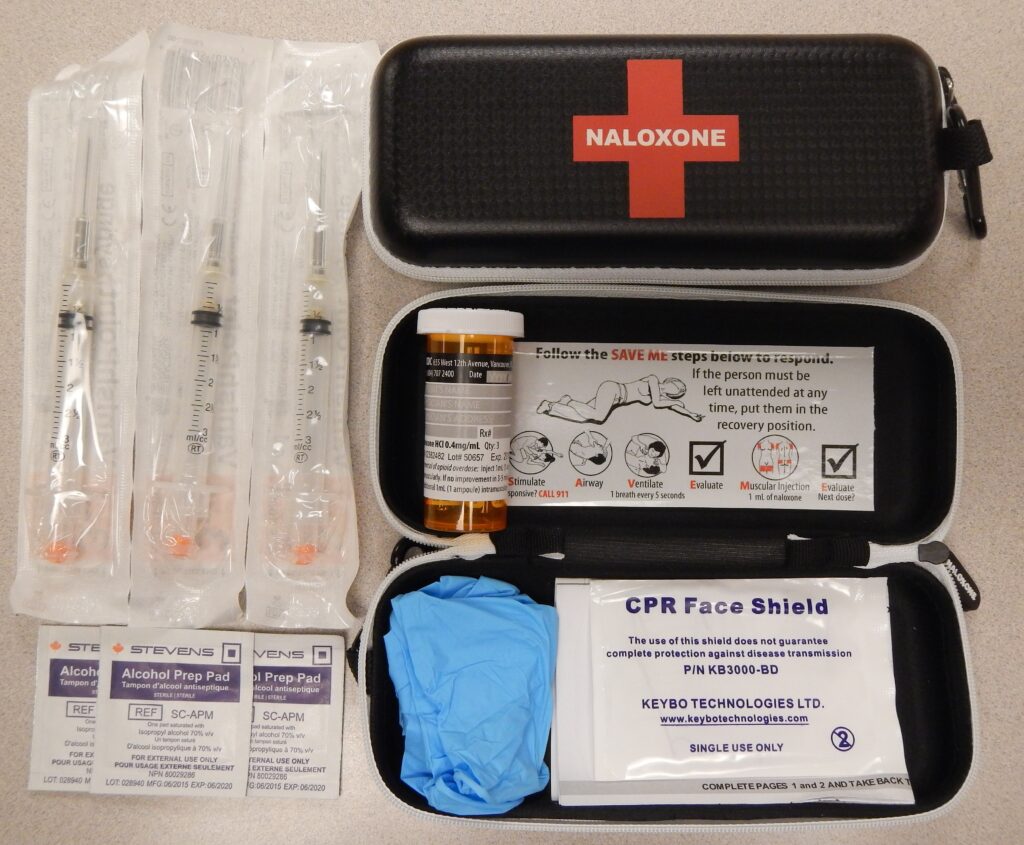The relationship between substance abuse and mental health is complex and often intertwined. Many individuals facing mental health challenges may turn to substances as a means of coping, seeking temporary relief from emotional pain and distress. However, this self-medication can lead to a cycle of addiction that exacerbates mental health issues, creating a challenging path for recovery. Understanding this connection is crucial for fostering empathy, awareness, and effective support for those affected.
The Interconnectedness of Substance Abuse and Mental Health
Substance use disorders (SUD) and mental health disorders frequently coexist, a phenomenon known as co-occurring disorders. Research shows that individuals with mental health issues are more likely to engage in substance use as a coping mechanism. Conversely, substance abuse can trigger or worsen existing mental health conditions. This bidirectional relationship underscores the importance of addressing both issues simultaneously for effective treatment.
Common Mental Health Conditions Associated with Substance Abuse:
- Depression: Individuals may use substances to alleviate feelings of sadness or hopelessness, but this often leads to worsening symptoms in the long run.
- Anxiety Disorders: Substances may be used to manage anxiety, yet they can exacerbate anxiety symptoms over time.
- Post-Traumatic Stress Disorder (PTSD): Survivors of trauma may turn to substances to numb painful memories or emotions, creating a cycle of avoidance and dependency.
- Bipolar Disorder: The manic and depressive episodes associated with bipolar disorder can lead individuals to use substances as a form of self-medication.
The Impact of Stigma
Stigma surrounding both mental health and substance abuse can create significant barriers to seeking help. Many individuals fear judgment or discrimination, leading them to suffer in silence. This stigma is particularly pronounced in communities where discussing mental health is taboo or where addiction is viewed as a moral failing rather than a medical condition.
Breaking the Cycle: Steps Toward Recovery
Overcoming the intertwined challenges of substance abuse and mental health requires a compassionate approach that acknowledges the complexity of these issues. Here are essential steps toward recovery:
- Acknowledge the Problem: Recognizing that there is an issue is the first step toward healing. This acknowledgment can be difficult but is crucial for initiating change.
- Seek Professional Help: Engaging with healthcare professionals who specialize in treating co-occurring disorders is vital. Integrated treatment approaches that address both substance use and mental health simultaneously have been shown to be more effective.
- Build a Support Network: Surrounding oneself with supportive friends, family, or support groups can provide encouragement and understanding during the recovery journey. Sharing experiences with others who have faced similar challenges can foster connection and reduce feelings of isolation.
- Develop Coping Strategies: Learning healthier coping mechanisms—such as mindfulness, exercise, art therapy, or journaling—can help individuals manage stress and emotional pain without resorting to substances.
- Educate Yourself: Understanding the relationship between substance abuse and mental health can empower individuals to make informed decisions about their treatment options.
- Practice Self-Compassion: Recovery is not linear; setbacks may occur along the way. Practicing self-compassion and recognizing that healing takes time can help mitigate feelings of guilt or shame.
Harm Reduction
Harm reduction services use evidence-based strategies to minimize the health, social, and legal risks of drug use without requiring abstinence. These non-judgmental services provide support, reduce stigma, and connect individuals to healthcare, including substance use and mental health treatment. Harm reduction is a key pillar in the U.S. Department of Health and Human Services’ Overdose Prevention Strategy. Heart to Hand offers free harm reduction resources that may prevent or reverse an overdose and save a life – even yours. Call 301-772-0103 or come to our Largo office for:
- Fentanyl Test Strips: FTS are small strips of paper that can detect the presence of fentanyl in different drugs (cocaine, methamphetamine, heroin, etc.) and drug forms (pills, powder, and injectables).
- Narcan (Naloxone) Opioid Overdose KitsL Naloxone, known as Narcan, is a safe medicine that rapidly reverses an opioid overdose in people with opioids in their systems. Narcan should be administered to anyone who has opioid overdose signs or when an opioid overdose is suspected. The Narcan Opioid Overdose Kits include:
- Narcan nasal spray
- One pair of gloves
- Alcohol prep pads
- Purell single wipe
- One-way face mask
- Fentanyl strip
- Maryland Department of Health Good Samaritan Law fact sheet

Addressing substance abuse and mental health requires empathy, understanding, and comprehensive support systems. By recognizing the interconnectedness of these issues, we can foster an environment where individuals feel safe seeking help without fear of stigma or judgment.



